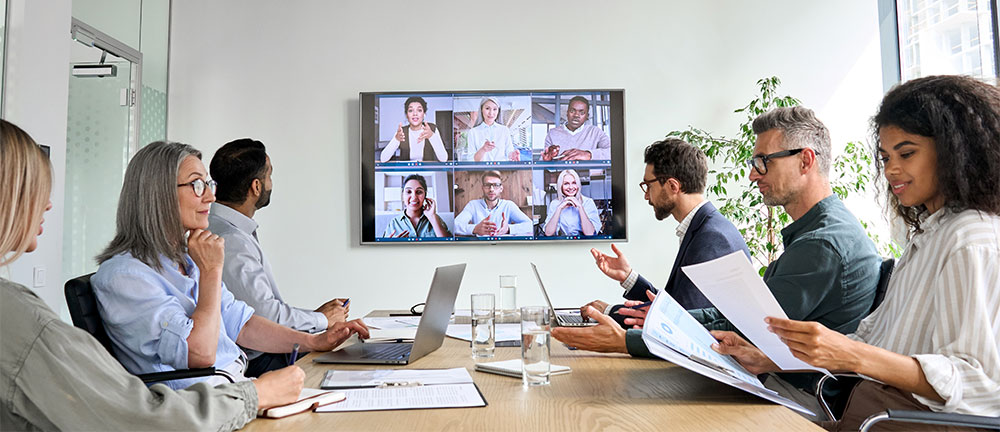
The retail industry is in the midst of a grand experiment: remote work. While some companies are singing its praises, others are still trying to figure out the tune. The question on everyone’s mind: does remote work benefit the bottom line and company culture?
In 2021, Venkat Reddy Yasa, Assistant Professor in Statistics at Woxsen University published the article “Change in Work Culture and Trends due to COVID-19” on LinkedIn. CBRE wrote anecdotally in 2022 “Returning to the Office: 4 Ways to Build a Better Experience”, referencing a survey of US Adults conducted in October 2020 by the Pew Research Center.
Carpe Diem Partners interviewed 48 Chief Financial Officers over the last 60 days to understand their take on the cultural impact on todays workforce management and return to work (RTW) strategies.
The answer, unfortunately, isn’t as simple as a yes or no – has there been impact to culture. Some retailers report seeing a boost in productivity and employee retention thanks to the flexibility remote work offers. This can lead to a happier workforce and, potentially, even more satisfied customers. However, others face challenges attracting talent when they aren’t physically present in the office. Additionally, concerns linger about the impact remote work might have on collaboration and execution, which could ultimately affect profits.

The story on the cultural front is equally complex. Some companies find their culture suffers due to a lack of in-person connection and relationship building. New hires, especially, might struggle to feel integrated and supported in a remote environment. On the other hand, some companies report that remote work opens doors to a wider talent pool, fostering a more diverse and inclusive culture.
Additionally, the flexibility it offers can contribute to a better work-life balance, potentially leading to a more engaged and positive work environment.

So, what does this all mean? There’s no one-size-fits-all answer for the retail industry when it comes to remote work. Each company needs to weigh the potential benefits and drawbacks, considering their specific work style, employee needs, and overall goals. Adaptability and flexibility are key, as companies experiment with different models – full remote, hybrid, or full in-office – to find the sweet spot that works best for them.
Ultimately, the success of remote work in the retail industry hinges on clear communication and well-defined expectations. Regardless of the chosen model, companies need to ensure everyone understands their roles, responsibilities, and how success will be measured in this new work landscape. The remote work experiment in retail is still unfolding, and only time will tell if it ends up being a story of success or a cautionary tale.

Craig Streem
Managing Partner

These market insights from Carpe Diem Global Partners are gathered from the firm’s extensive client work leading Board, CEO, CXO, and CHRO executive search engagements for public and private multinational companies. For deeper, custom insights, contact Craig Streem at cstreem@carpediempartners.com or Jamie Farhnam jfarnham@carpediempartners.com.

Jamie Farhnam
Managing Partner

